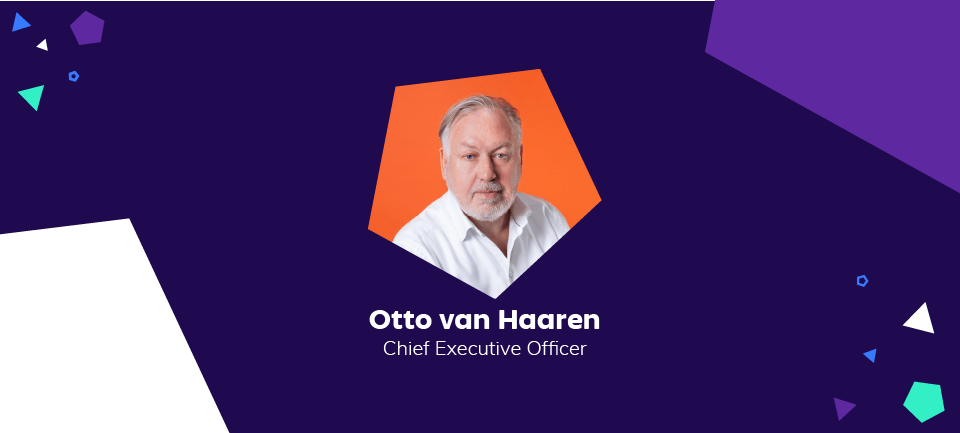Culture and community are essential for a successful work from home strategy


Companies across the world are facing an unprecedented wave of disruption at present. One of the specific outcomes from this is that many people are suddenly working from home. Many have no experience working away from the office and so the business journals are full of tips on how to make it work.

This is certainly not a problem at 5CA. 95% of our team works from home and we have over two decades of experience making this strategy work effectively. However, I think that there are going to be some more specific behavioral changes in companies once this crisis is over:
Earlier this year, Forbes magazine listed 5CA in the top 20 companies offering work from home jobs. Being recognized is nice, but it really is just business as usual. However, as I read more about companies dealing with this crisis I can see that this is an area where many companies and managers really struggle.
Working from home requires a significant cultural change if your company has been entirely office-based. It’s not just about buying some video-conferencing tools and giving your team laptops, you need to think differently about how the team works together. How do you recognize success and reward people in a virtual environment?
I call 5CA a ‘community company.’ We foster a culture where every individual counts and social cohesiveness is an important asset that we work hard to achieve. I have seen many companies within the CX industry talking about their team members as ‘Full-Time Equivalents’ – all this jargon sounds like people are reduced to little more than a money-making machine. How much can we charge our clients for this agent?
Once you cannot see your team members, because they are working from home, you need to know that they are doing the right thing because they are part of a team that is all pulling in the same direction. They need to be engaged. This is why culture and community-building are so important. Your company only succeeds when this happens.

Many business behaviors will change after this crisis is over. If you want to continue allowing team members to work from home then you need to start thinking now about your experience, engagement, and culture of community across the entire business. Fast home wi-fi isn’t enough.

What’s really keeping customer experience (CX) leaders in the gaming industry awake at night? Against the backdrop of rapidly advancing technology, it’s the enduring operational challenges that stand out significantly.

In the fast-paced world of online gaming, the terrain is shifting under our feet with every passing quarter. We are seeing seismic changes in how games are marketed, how players are retained, and, importantly, how Player Support is evolving.